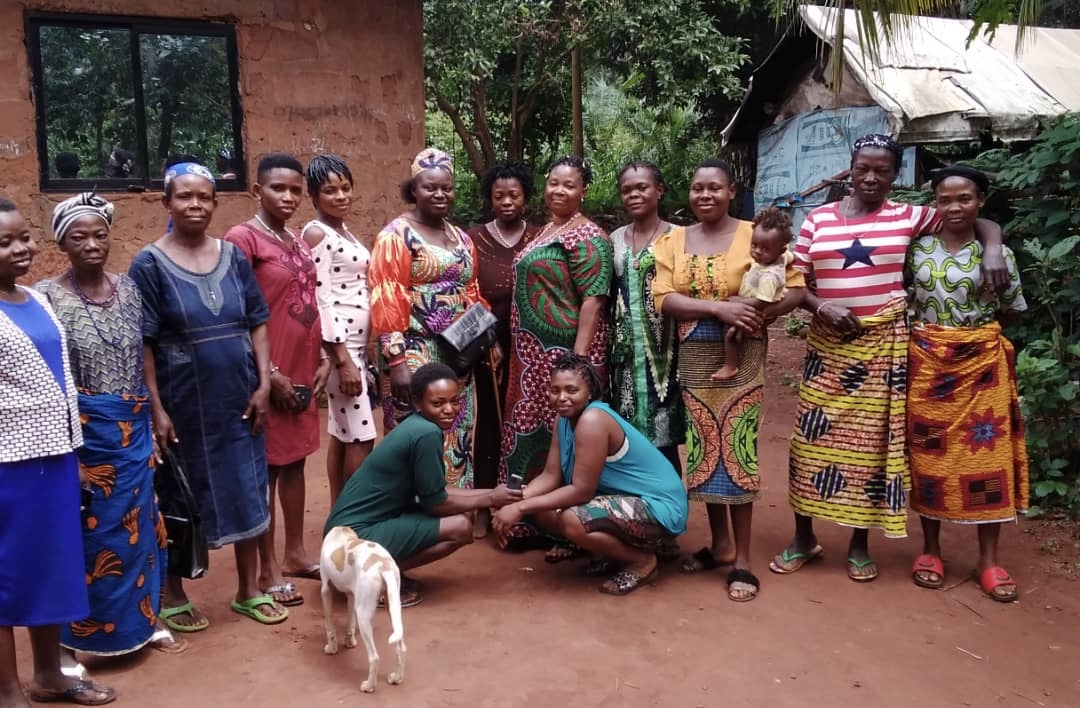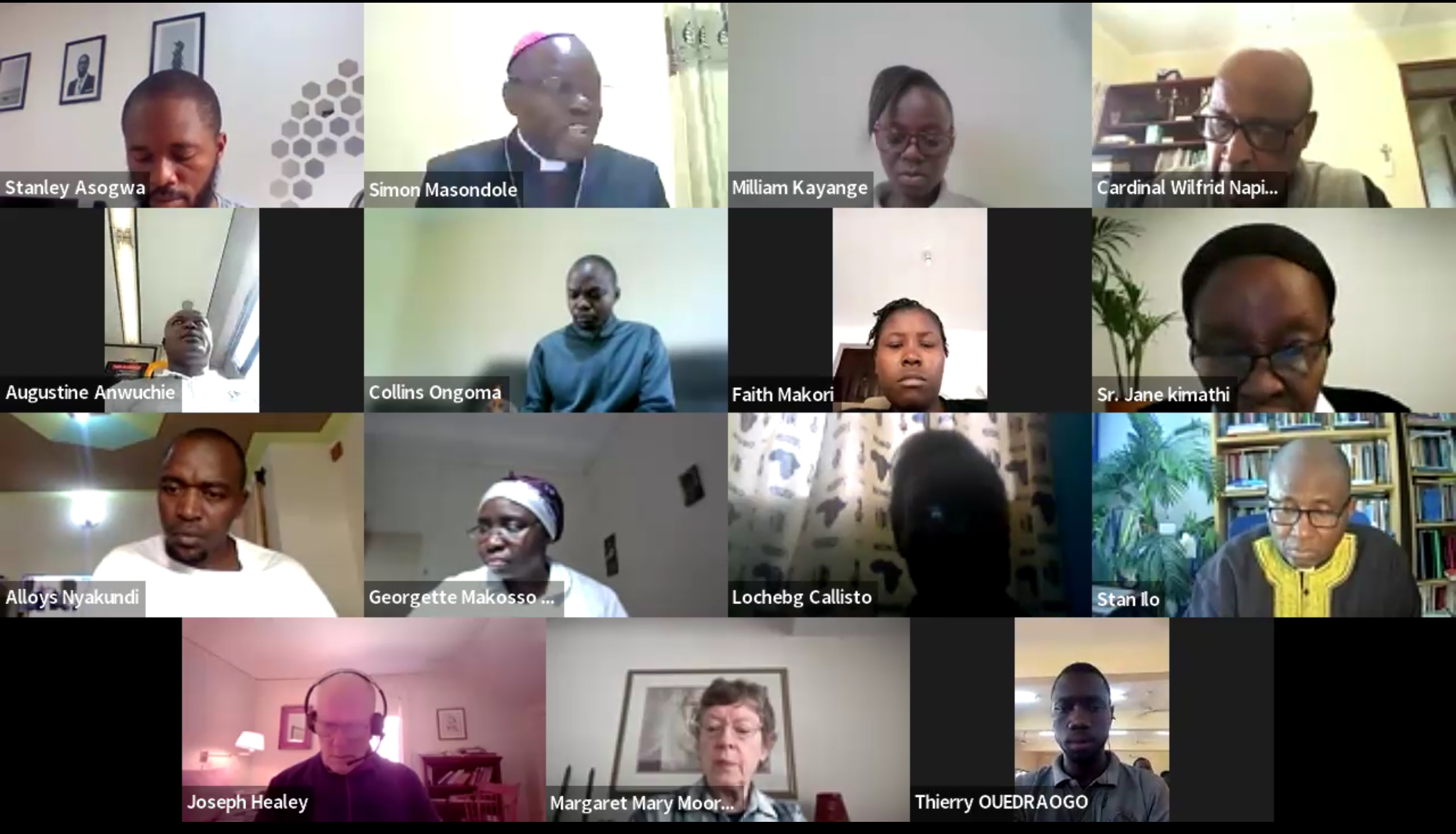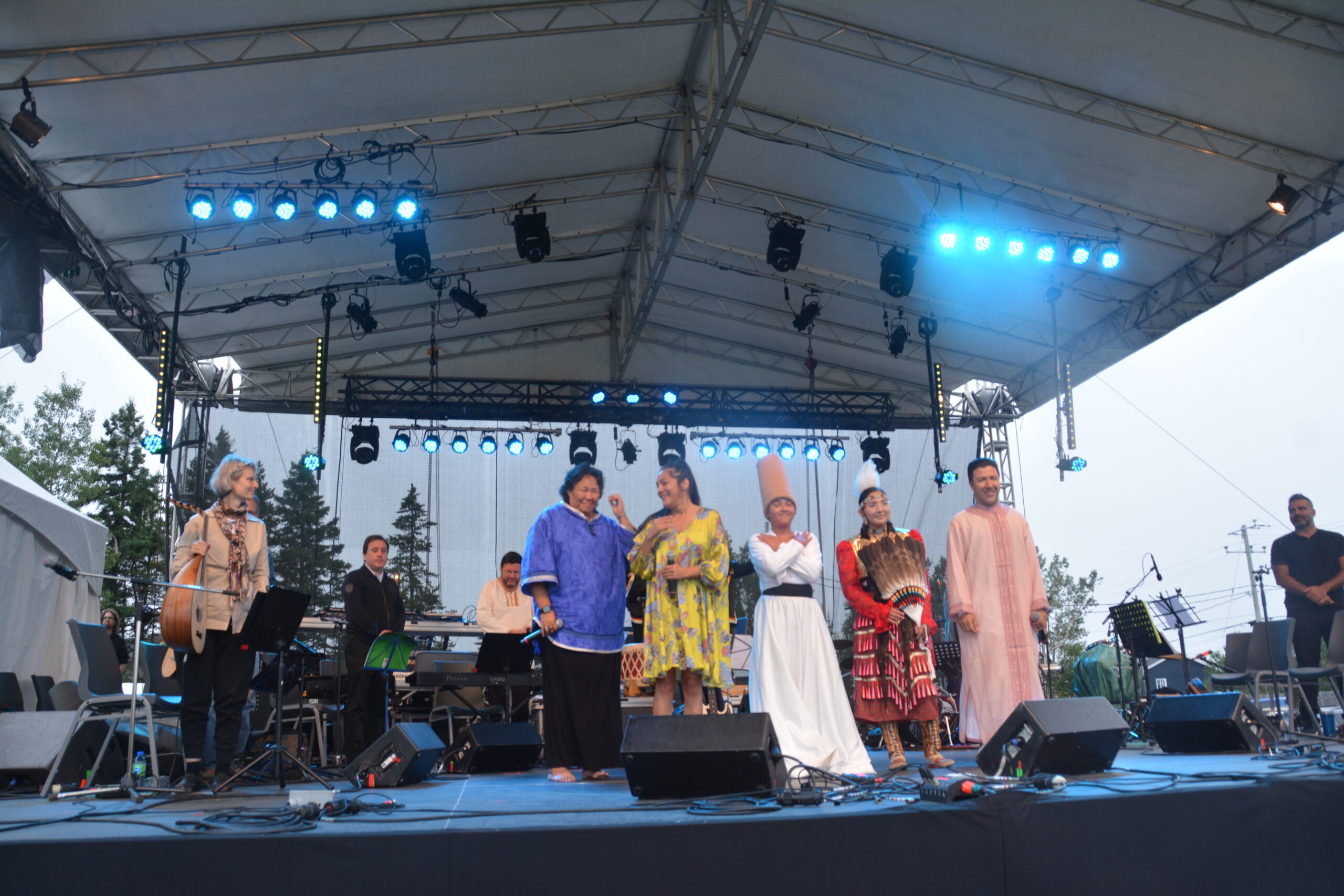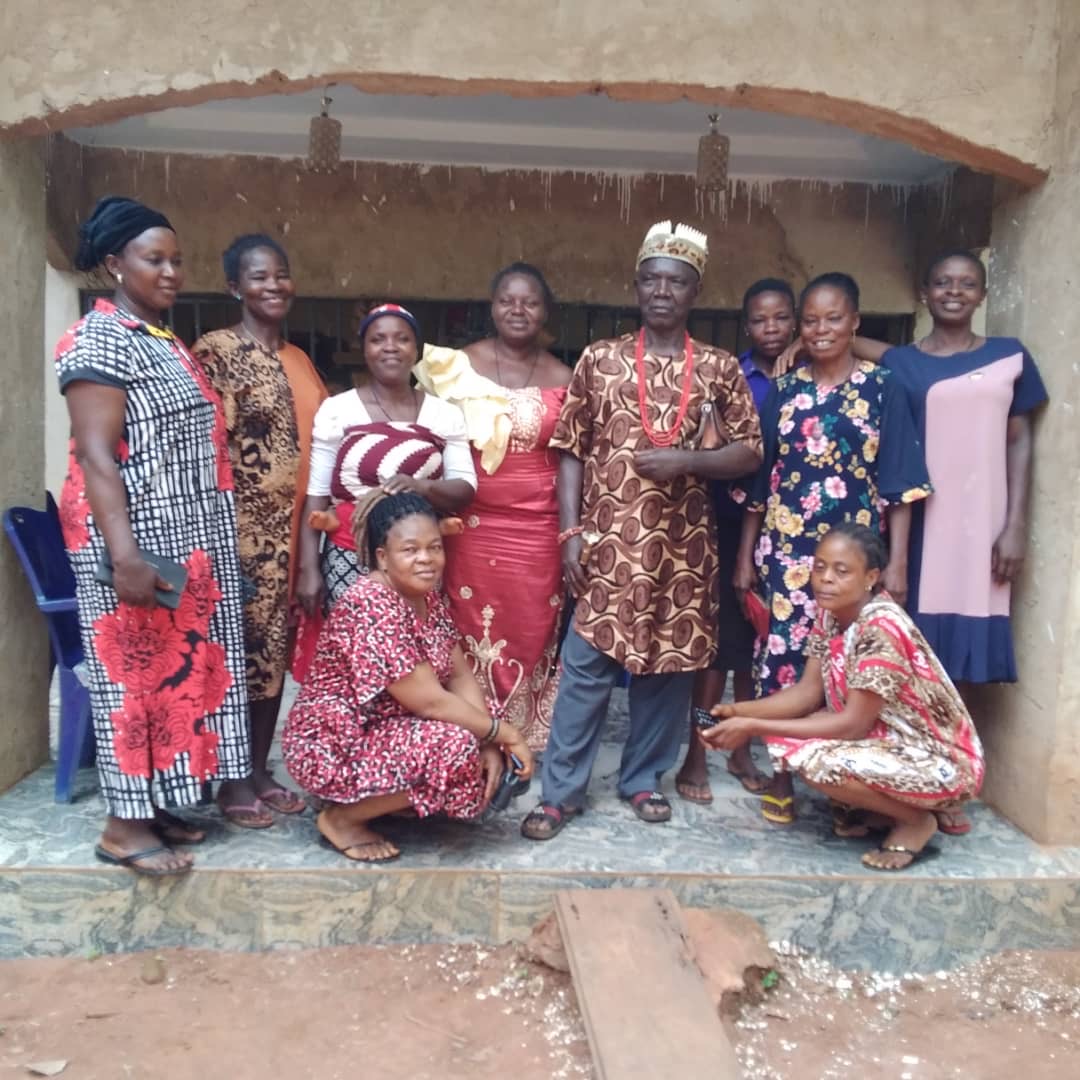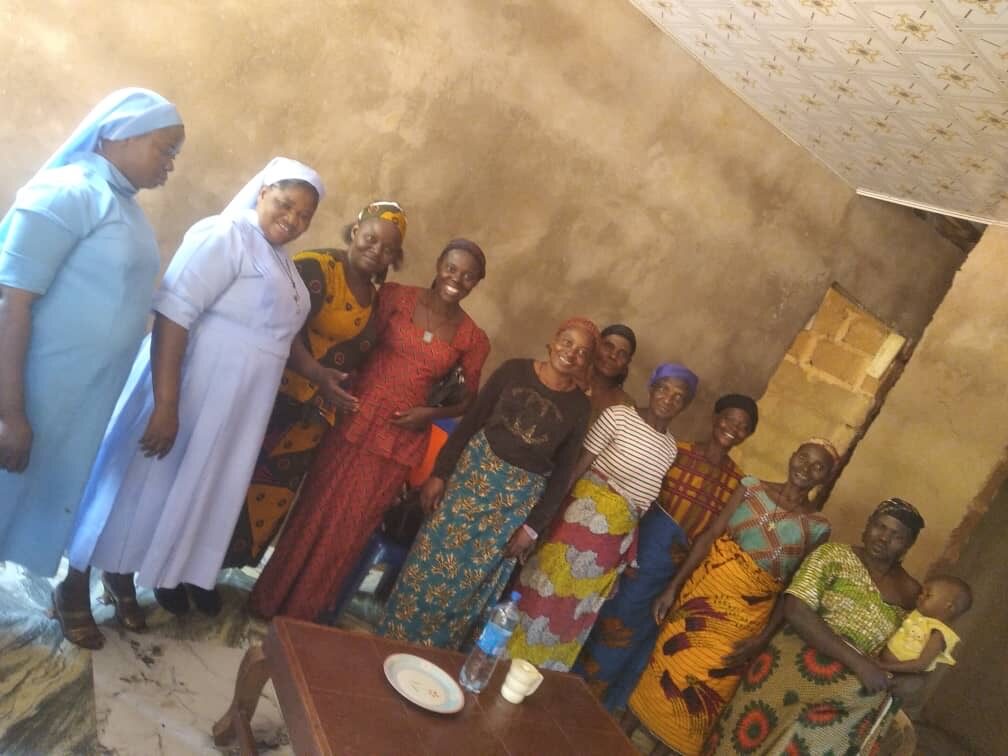 |
| Famous Libyan civilian protection |
 |
| NATO’s democratic configuration machines |
In other words, let us strip DEMOCRACY of the high moral esteem in which it is often held, by neither viewing it as a virtue nor as a vice. “ABSOLUTISM” should also be viewed in this same way too, by not falling prey to the fallacy that “absolutism is a political vice”; all in the bid to do justice to this note. Because, this fallacy has become a dogma sponsored by imperialist opportunists in the west as self-justification to witch-hunt dictators (from the third world) who refuse to pitch tents with them, and the dogma is spread by corrupt politicians in most democracy inclined third world countries so as to tactically pacify the teeming poor victims whose focus is assuming a paradigm shift from mere fantasy for main feature of democracy (i.e. Periodic Change in Leadership) to reflection about the nemesis of democracy in 21st century owing to disenchantment with unpleasant socio-economic and political situations in democracy inclined countries. Perhaps, the Masses’ endurance of these crises of democracy (having been brainwashed by the fallacy that “THE WORST DEMOCRACY IS BETTER THAN THE BEST ABSOLUTISM”) necessitated one african philosopher – George Uzoma Ukagba to ask this big question “IS DEMOCRACY OPIUM OF THE MASSES?” To answer this question affirmatively, one could say democracy is opium when people are made to forget the place of economic justice and over-glorify democracy basically in terms of its political advantages as far as “periodic elections” and “freedom of expressions” are concerned. We could conversely answer Ukagba’s question negatively by saying democracy is not an opium, and perhaps better than the best Absolutism in a democratic regime that prioritizes the question of economic justice vis-à-vis the Welfare of the governed majority, such as affordable housing, agricultural development (basically in areas of food), infrastructural development (in areas of electricity, good roads and pipe-born water). Hence, Lincoln’s lofty definition comes to relevance in this case. However, where economic justice is absent irrespective of the political advantages, a situation where an Indian lawmaker (that earns $23,000 annually) would have to work for more than 60 years to earn what a Nigerian senator earns in a year (i.e. $1.7million) with an undisclosed outrageous salary of the executive in an atmosphere of abject poverty and insecurity, we are justified to say “DEMOCRACY IS INDEEED AN OPIUM OF THE MASSES” not just in Nigeria and many third world nations, but also in the west; when we consider the paradoxical situation where a democratically elected presidents flouted UNITED NATIONS ORGANISATION’S resolutions, and dictatorially spent billions of tax payers’ money to finance cruel invasion into other sovereign nations in order to gain economic advantage i.e. OIL. This situation morally confers vicious title on “democracy” given the genocides perpetrated by Roosevelt, Bush, Chirac, Blair, Cameron, Sarkozy and Obama in Hiroshima/Nagasaki, Vietnam, Afghanistan, Iraq and Libya respectively.
Or how does one moralize a democratic regime where governments spend billions of tax payers’ money to organize periodic elections and extravagantly maintain democratic institutions in an atmosphere of abject poverty, while you scorn an absolute regime that conserves this billions to promote welfarism and equitable distribution of national wealth in cases of Hugo Chavez, Muammmer Gaddafi, Fidel Castro and other past Benevolent Dictators? How does one moralize a democratic regime where a country nurtures internal democratic political culture co-incidentally with totalitarian foreign policy as regards cruel invasion of other countries’ sovereignty, while you condemn an absolute regime that fearlessly silences internal political opposition in a bid to sustain and guide jealously the continuation of their welfarist economic ideology? How does one moralize a democratic regime where often exists a delay in people oriented decision making due to inconsequential prolonged legislative debates, while you scorn an absolute regime where people oriented decision making assumes a speedy priority? How does a thinking mind moralize a democratic situation where places of meritocracy, rationality and objectivity are lost to ethnocentrism and religious bigotry to mortgage the election of credible Presidential candidates (given the case of contemporary Nigeria), while you despise absolute regimes of Yakubu Gowon, Muritala Muhammed and Buhari/Idiagbon? These are striking questions begging for dispassionate analyses from Men and Women of insight, especially seasoned political philosophers and political scientists. Just as they say in philosophy that every solution to a problem is a new problem I invite you to the discussion with the words of ODUWALE Taiwo “Let the lion pride himself as the king, and we will remind him of those times the hyena dispossessed him of his prey”




